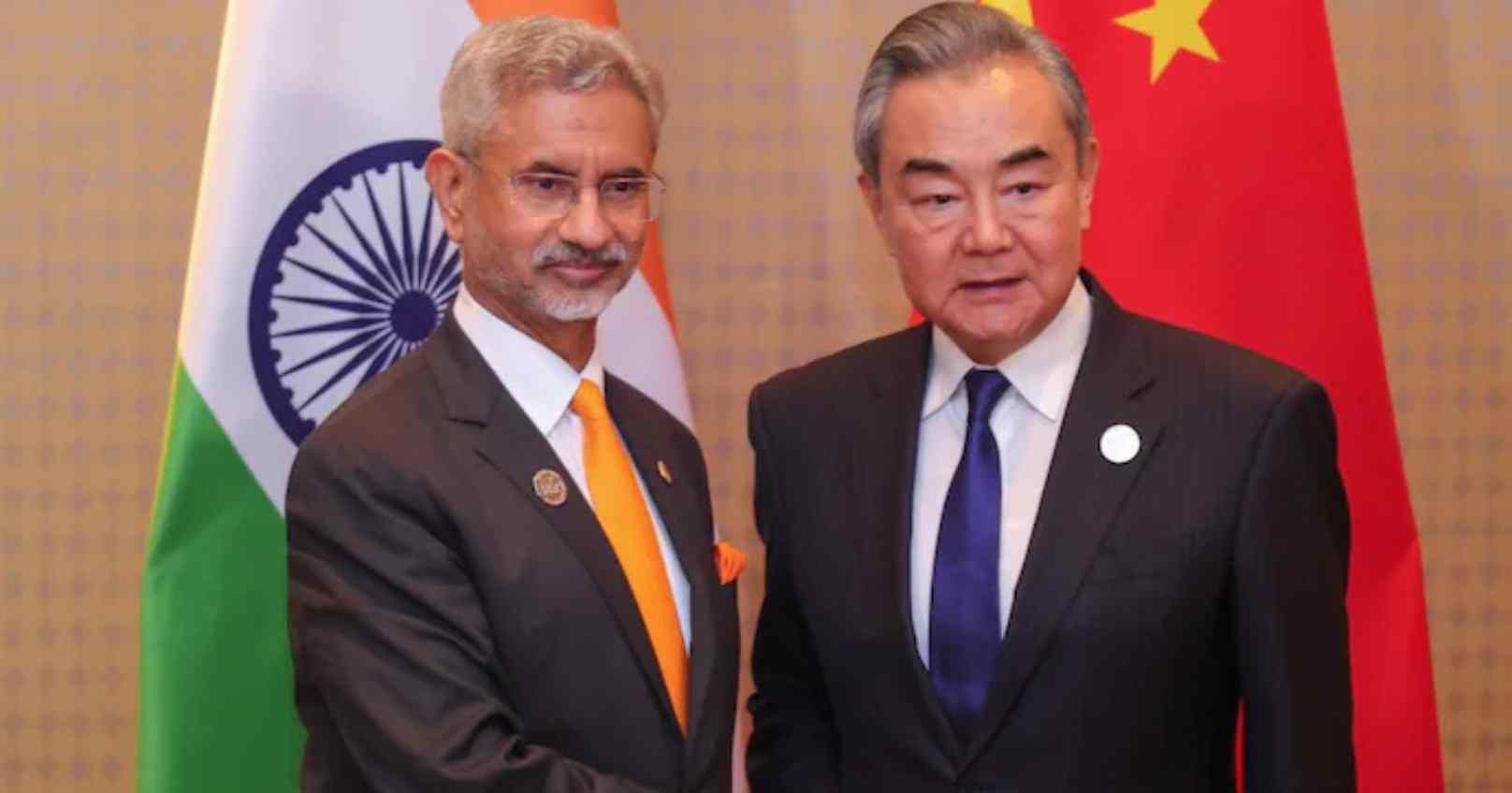External Affairs Minister S. Jaishankar and Chinese Foreign Minister Wang Yi held a significant meeting on the sidelines of the G20 Summit in Brazil, marking the first high-level interaction since the October disengagement at Depsang and Demchok. The discussions focused on normalising relations and included key issues like resuming direct flights, restarting the Kailash Mansarovar Yatra, and enhancing communication channels.
The meeting, described by both sides as constructive, addressed steps to stabilise ties. Jaishankar emphasised the importance of reestablishing connectivity, particularly direct flights between India and China, which have remained suspended since the COVID-19 pandemic. He remarked, “Reconnecting is essential for advancing our bilateral relations and implementing the agreements reached during the disengagement process.”
The Ministry of External Affairs (MEA) issued a statement highlighting the progress made in maintaining peace and tranquillity in border areas. “The disengagement has laid a foundation for further dialogue and trust-building,” the statement noted.
Discussions also included reviving dialogue mechanisms like the Special Representatives (SR) talks and the Foreign Secretary-Vice Minister meetings, which have been inactive for nearly five years. Both ministers agreed on the need for these platforms to resume soon.
Wang Yi reiterated China’s commitment to working with India on strategic issues. “Our leaders have outlined a clear path forward. Stabilising ties and managing differences must remain a priority,” he said.
Jaishankar underscored India’s foreign policy stance, emphasizing the country’s commitment to a multipolar world, including a multipolar Asia. He added, “India does not view its relationships through the prism of other nations and opposes unilateral actions aimed at dominance.”
Ahead of the meeting, a Chinese Foreign Ministry spokesperson affirmed Beijing’s readiness to enhance cooperation with India based on the understandings reached between Prime Minister Narendra Modi and President Xi Jinping.
The backdrop of the meeting included a recent breakthrough in India-China border negotiations. On October 21, India and China reached an agreement to resolve the longstanding standoff along the Line of Actual Control (LAC). The disengagement process, confirmed by Beijing, involved both sides dismantling military structures and withdrawing personnel to pre-conflict positions, starting with Depsang and Demchok in Ladakh.
As both nations move towards stabilising ties, the resumption of cultural exchanges, improved data sharing on trans-border rivers, and bolstered connectivity remain critical steps in fostering trust and cooperation.







